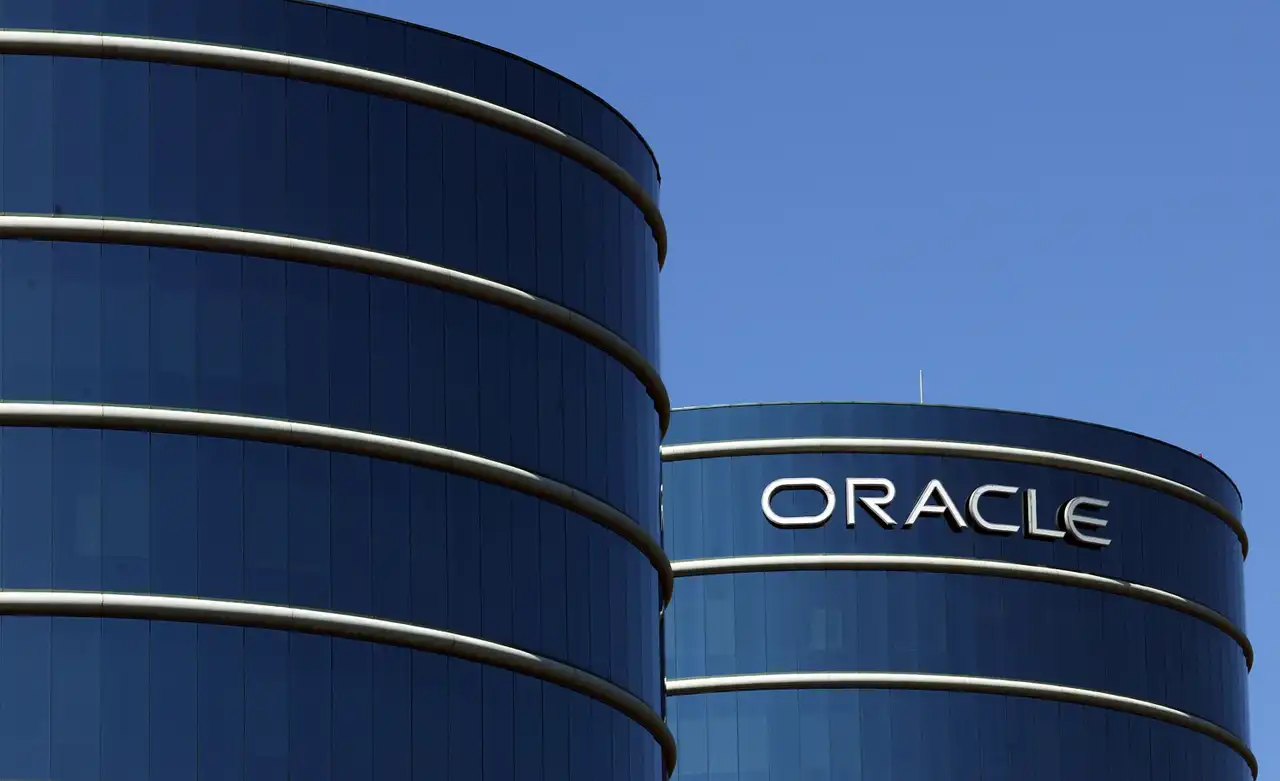Oracle (ORCL.N) issued a quarterly revenue forecast below expectations on Monday, attributing it to a shaky economy and intense competition within the cloud computing sphere, which dampened demand for its cloud services. Consequently, the company’s shares tumbled more than 7% in after-hours trading.
Inflationary pressures and high borrowing costs have prompted businesses to scale back spending, adversely affecting companies like Oracle reliant on corporate expenditure.
The cloud market’s slowdown was evident earlier with Google-parent Alphabet (GOOGL.O) reporting the weakest growth in its cloud division in over 11 quarters, signaling underlying demand concerns.
Analyst Gil Luria from D.A. Davidson suggested that the drag on Oracle’s performance could be traced to the acquired Cerner business last year, coupled with persistently sluggish enterprise spending.
Oracle’s forecast for the current quarter anticipates revenue growth, incorporating Cerner, within the 6%-8% range, falling at the midpoint below analysts’ average projection of approximately 7.6%, according to LSEG data.
CEO Safra Catz highlighted that total revenue for the second quarter saw a 4% increase, including Cerner, and a 6% rise excluding Cerner, as stated during an earnings call.
Despite Oracle’s efforts to fortify its AI infrastructure to align with the growing adoption of generative AI, industry leaders like Amazon (AMZN.O) and Microsoft (MSFT.O) continue to dominate the landscape.
Oracle faces substantial barriers in gaining significant market share in the AI arena, with established giants having already entrenched themselves deeply in the ecosystem.
In contrast, Microsoft outpaced Wall Street’s projections for first-quarter results in all segments in October, with its AI offerings notably driving growth in the cloud computing sector.
Oracle reported second-quarter revenue of $12.94 billion, slightly below analysts’ average estimate of $13.05 billion, as per LSEG data. However, its adjusted earnings of $1.34 per share for the quarter ending Nov. 30 narrowly surpassed estimates.





